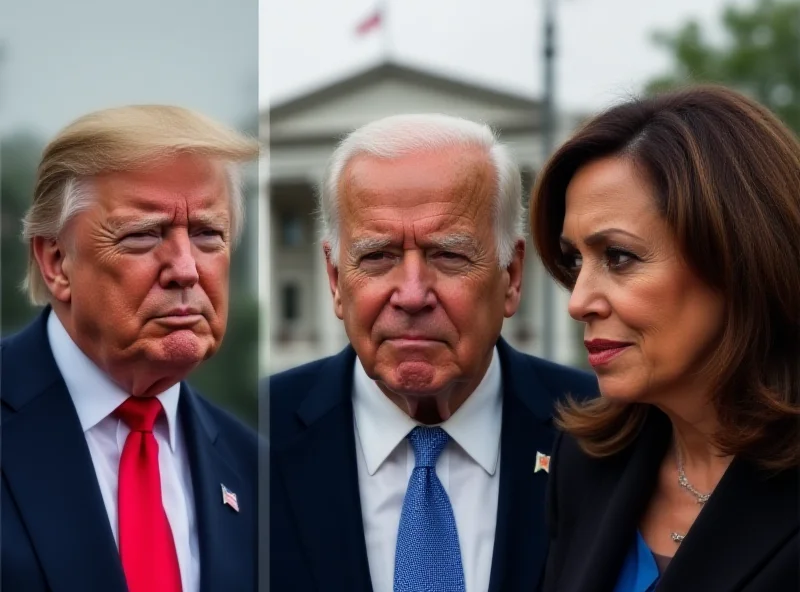The political landscape remains turbulent as policies and pronouncements related to Donald Trump continue to spark controversy. From concerns about the impact of staff cuts on weather forecasting to heated debates over universal basic income and tensions with global leaders, the ripples of these events are widely felt.
Weather Forecasting Under Threat?
Reports indicate that the Trump administration's decision to reduce staff at the National Oceanic and Atmospheric Administration (NOAA) has raised significant concerns among meteorologists. The worry is that these cuts could lead to a deterioration in the accuracy and reliability of weather forecasts.

Accurate weather forecasts are crucial for public safety, and any decline in their quality could potentially put lives at risk. Some experts have voiced concerns that a weakened NOAA could have dire consequences, stating, "Every cut impacts our ability to predict and prepare." This sentiment underscores the gravity of the situation and the potential ramifications for communities across the nation.
The UBI Divide
Another politically charged topic is universal basic income (UBI). This concept, which involves providing all citizens with a regular, unconditional income, has become a battleground between different political ideologies. While some Democratic cities have experimented with UBI-like programs, aiming to alleviate poverty and stimulate local economies, Republican-led cities have actively sought to ban such initiatives, citing concerns about cost and potential disincentives to work.
The contrasting approaches highlight the deep divisions surrounding UBI and the challenges of implementing such a program on a wider scale. The debate continues to rage, with proponents arguing for its potential to reduce inequality and improve social welfare, while opponents raise concerns about its financial sustainability and potential impact on the labor market.
White House Tensions

International relations also saw their share of drama, particularly following a highly anticipated peace meeting between Trump and Zelensky. Reports indicate that the meeting descended into chaos, leaving the world stunned. The fallout from this event has sparked a global debate, with many questioning who to support in the aftermath of the White House row. A recent poll aimed to gauge public sentiment, asking whether people backed Trump or Zelensky following the Oval Office debacle.
The incident underscores the complexities of international diplomacy and the potential for unexpected events to disrupt carefully planned agendas. The long-term implications of the White House row remain to be seen, but it has undoubtedly added another layer of complexity to the already intricate relationship between the United States and Ukraine.
Blame Game After Election Loss?
Adding to the political theater, Donald Trump has weighed in on the aftermath of the 2024 Presidential election. Trump expressed surprise that Joe Biden did not place blame on Kamala Harris for the party's loss. This comment follows earlier speculations that Biden might have pointed fingers at figures like Barack Obama and Nancy Pelosi.

These remarks serve as a reminder of the ongoing political divisions and the tendency for blame to be assigned in the wake of electoral defeats. The comments also highlight the ever-present role of Trump in shaping the political narrative, even after leaving office.
In conclusion, the political landscape remains dynamic and often unpredictable, with policies and pronouncements related to Trump continuing to generate debate and controversy across a range of issues, from weather forecasting and universal basic income to international relations and electoral politics.
